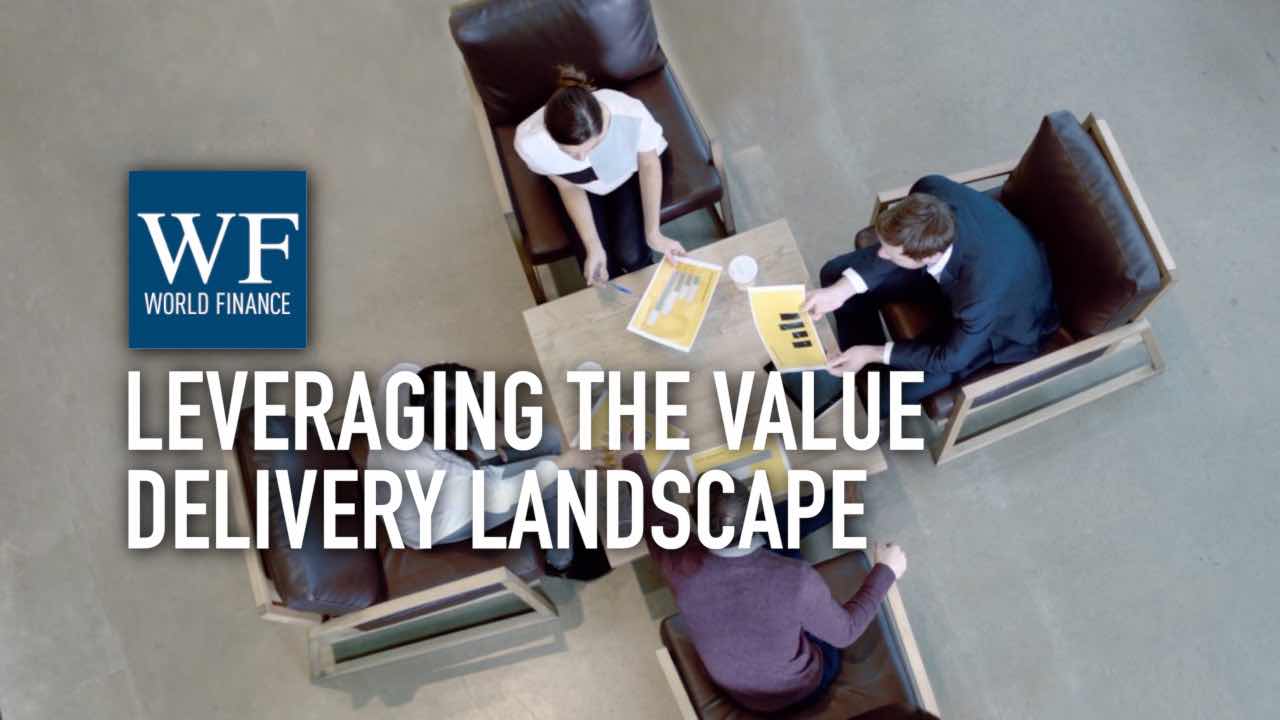‘Laser-focused on outcome’: The changing role of the project manager
World Finance reports from the 2018 Project Management Institute Global Executive Council
Related:
Transcript
Projects today can last for multiple years, involving thousands of people across multiple continents, with business priorities changing regularly. That puts enormous pressure on project leaders to adapt themselves, their teams, and their technologies. Murat Bicak from PMI and Peter Moutstatsos from Telstra discuss the skills that project managers need to develop today to become the project leaders of tomorrow.
The next video in this series is about getting the best out of executive sponsors, or you can watch the full Project Management Institute playlist.
Murat Bicak: Projects became increasingly complex over time. If you look at a project today you may have thousands of people working together; collaborating on digital platforms, in multiple countries across the globe.
But some of these projects last for four, five years. And businesses change, requirements change over that period of time. Technology changes over that period of time.
So for a project leader to become successful, they must be laser-focused on the outcome, laser-focused on the customer needs, and constantly asking whether or not there are changes that they need to make to the team, to the capabilities underneath that team, to the technology that they might be using.
Which requires a very different type of person. A very strategic leader, if you will, who is able to think critically, negotiate, influence the organisation and leadership. And those are some of the changes that are already happening, at the project world.
Peter Moutsatsos: Over the last 10 years, we’ve noticed that project managers have become more professional. They’ve become an integral part of the organisational resource mix. And what we’re seeing is a recognition that project managers need skills that are going to serve them in the digital economy.
The future project manager has to be far more interpersonal. They’ve got to be far more connected emotionally with stakeholders, and have that emotional intelligence to understand what’s needed, to be a more effective leader. And also to be more servant in nature, in terms of their leadership style. So, to lead from behind.
Murat Bicak: The new skills that project leadership and project managers need to acquire is a tremendous understanding of customers. So, design thinking for example is going to be a critical enabler for getting to the question: why?
Every project delivers against a customer need. And with technology advances, the customers are much closer to projects and project leadership and project management and the team. So, putting the customer need up front is going to be the number one change for every type of project.
Number two, there will be a tremendous amount of iteration, prototyping, learning and testing, and failing! Risk taking. Which is also different from what many people are used to. Which requires a different type of leadership, a different type of skillset, which requires empowerment, different culture, and a way of working.
The line between strategy and delivery is blurring, and our project management professionals are going to find themselves at the forefront of delivering every strategic initiative for their organisations.
The world of work is changing, and so is PMI. In 2019 we’re going to be celebrating our 50th anniversary. And with the transformation programme that we have started, we’re making transformation part of our DNA. So over the next 50 years you’re going to see a very proactive PMI, continuing to deliver value to our stakeholders and customers.

 Creating a bright line between strategy design and strategy delivery
Creating a bright line between strategy design and strategy delivery Leveraging the full value delivery landscape with PMI
Leveraging the full value delivery landscape with PMI
